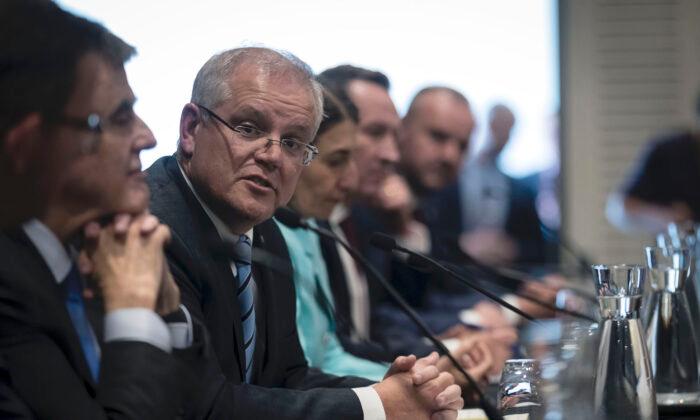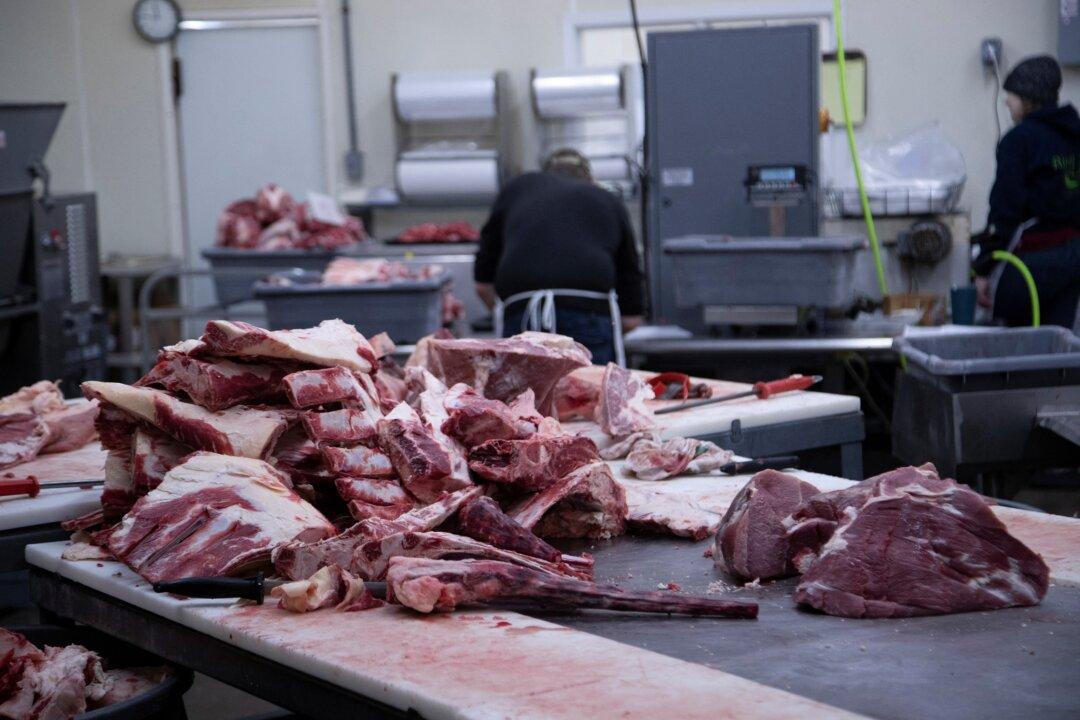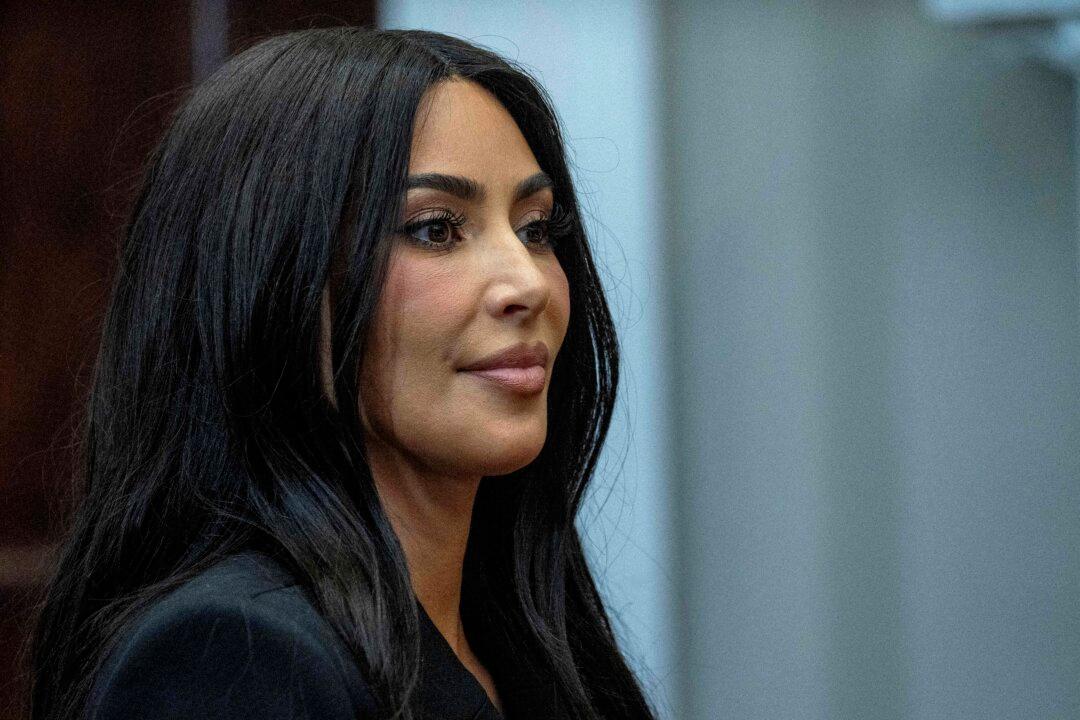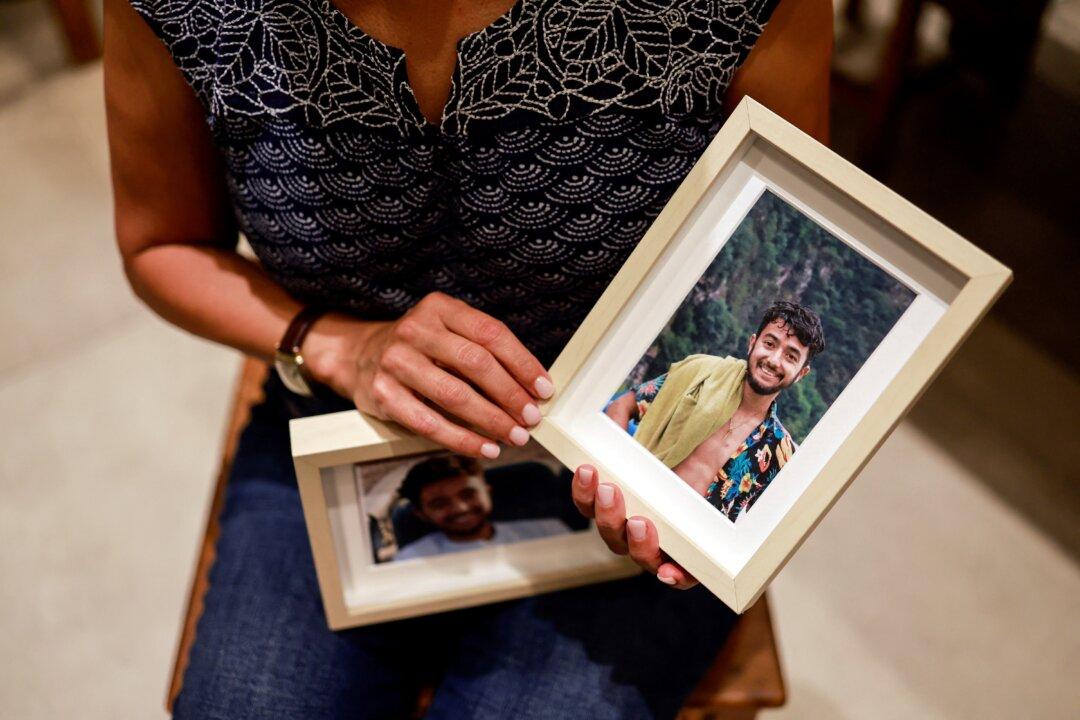SYDNEY—Australia is considering tougher restrictions on public gatherings to slow the spread of the coronavirus as the Sydney Opera House closed its doors, national airline Qantas slashed its international flight capacity and courts suspended hearings.
Prime Minister Scott Morrison will meet with the newly formed national cabinet, an emergency response team that includes state leaders and senior medical officials, by video link later on Tuesday amid concerns the virus spread has picked up pace.
Several state leaders are pushing for a ban on social gatherings to extend to any event with more than 100 people, an order that would be much tighter than the 500 person maximum announced by the government on Monday.
Morrison also announced on Monday that anyone arriving in Australia from overseas would be required to self-isolate for 14 days, but he stopped short of taking tougher measures like closing schools or imposing curfews.
Compared to other countries, Australia has so far experienced relatively low exposure to the coronavirus, with around 400 cases and five deaths.
However, officials are growing increasingly concerned about exponential growth in the number of cases. New South Wales, the country’s most populous state, on Tuesday recorded its highest one-day rise in the number of infections so far.
Among the latest event cancellations were Australian Fashion Week, the industry’s premier event, music festival Splendour in the Grass, all Cricket Australia matches and the World Surf League. The High Court of Australia suspended sittings.
Several states and territories cancelled ceremonies and marches planned for Anzac Day in April, a national day of remembrance for Australians and New Zealanders who served during war time, which is a major event on the country’s cultural calendar.
Tourism Minister Simon Birmingham said the government planned to do “everything we possibly can” to help tourism businesses and left open the possibility of a bailout for Qantas Airways Ltd and rival Virgin Australia Holdings
Qantas said on Tuesday it was cutting international capacity by around 90 percent until at least the end of May. Virgin announced deep capacity cuts last week.
“We will recover,” Birmingham said. “We will come out of the coronavirus and we have to make sure that we have our tour operators, our tour attractions, all of our critical tourism infrastructure and businesses able to step up and be part of that recovery as quickly as possible so that we get people back into jobs and we get funds flowing back through our economy.”
The tourism sector accounts for more than 3 percent of Australia’s A$1.95 trillion ($1.19 trillion) economy and global travel restrictions are expected to put a major dent in the average 9 million foreigners who visit the country annually.
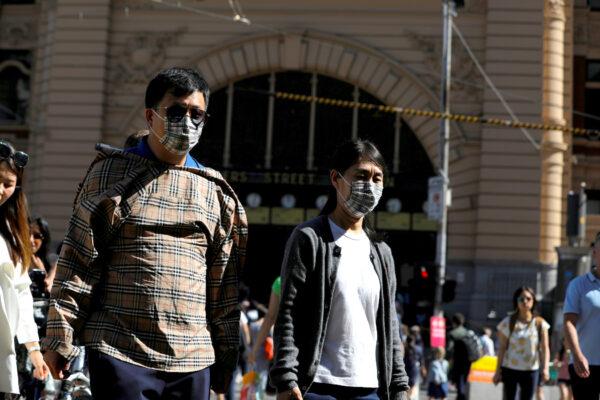
Stimulus Packages
Parliament will sit next week to pass a proposed A$17.6 billion stimulus package, but the number of elected officials returning to Canberra for sessions in the house will be cut by 40 percent to reduce the chances of spreading the virus.The Reserve Bank of Australia, which earlier this month cut interest rates to a historic low, has also promised extra support. The central bank said on Monday it will unveil new measures on Thursday, as it as it pumped more liquidity into the system.
Speculation is rife Thursday’s announcement would include an out-of-cycle cut to the RBA’s cash rate to 0.25 percent together with unconventional policy measures to ensure financial conditions remain easy.
Finance Minister Mathias Cormann warned the expected global downturn would be felt hardest by the poorest Australians.
“Those Australians who are likely to lose their job over the coming weeks and perhaps months will need appropriate levels of support so that we can come back stronger and better on the other side,” Cormann told the Australian Broadcasting Corporation on Tuesday.
